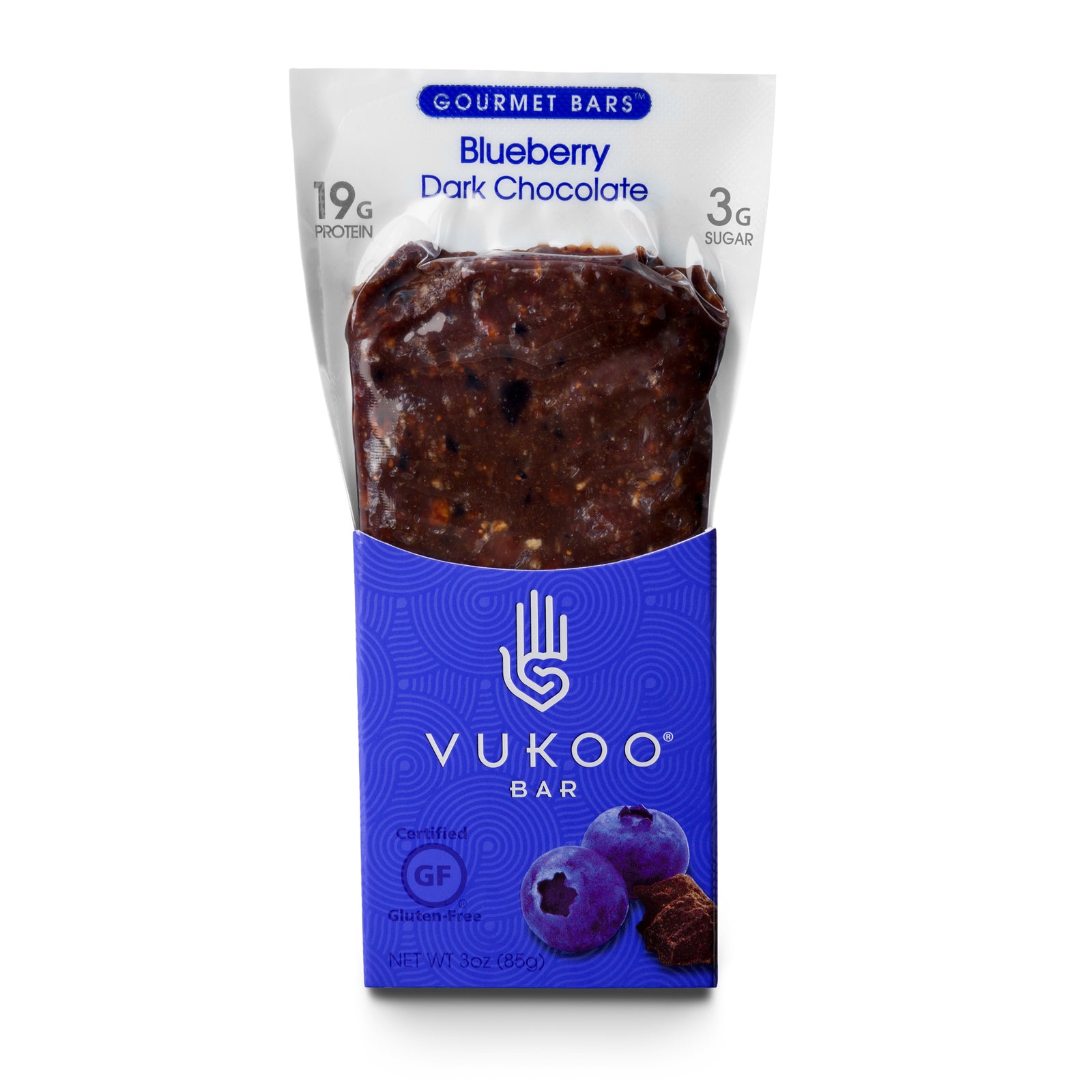In the hustle and bustle of modern life, taking care of our heart health often falls by the wayside. However, cardiovascular disease remains a leading threat to our well-being, especially for women. The path to a healthier heart begins with understanding what harms it and recognizing the signs that demand immediate attention. Here's a comprehensive guide on how to cherish and protect your heart, starting with foods to avoid and culminating with lifestyle changes that fortify cardiovascular health.
Foods to Avoid for a Healthier Heart
Our diet plays a crucial role in our overall heart health. Certain foods, due to their composition, can increase the risk of heart disease. Here are the top culprits to keep off your plate:
-
Margarine and Vegetable Oil: Once hailed as healthier alternatives to butter, these are often rich in trans fats, which elevate bad cholesterol levels and lower good cholesterol, heightening heart disease risk.
-
Coconut Oil: Despite its popularity, coconut oil is high in saturated fat, which can contribute to higher cholesterol levels, a risk factor for heart disease.
-
Potato Chips: High in sodium and unhealthy fats, regular consumption of potato chips can lead to hypertension and cholesterol issues, both of which strain the heart.
-
Pork and Processed Meats: Foods like bacon, sausages, and deli meats are high in saturated fats and sodium, contributing to poor heart health over time.
-
Processed Desserts: Laden with sugar, fats, and calories, these can lead to weight gain and elevated blood sugar levels, putting extra pressure on your heart.
Signs of Heart Trouble
Heart disease can be insidious, gradually escalating without immediate symptoms. However, there are critical signs that should never be ignored, especially in young adults:
- Persistent Chest Pain: Any discomfort in the chest, especially if it persists or occurs during physical activity, should be evaluated immediately.
- Pain in Jaw, Neck, or Back: These can be subtle signs of a heart attack, often overlooked or attributed to less serious conditions.
- Shortness of Breath: Difficulty breathing during routine activities can indicate heart problems.
- Excessive Fatigue: Unusual tiredness or feeling winded doing tasks that you could handle easily before can be a sign of heart disease.
- Swelling in Legs, Ankles, or Feet: This could indicate heart failure, where the heart struggles to pump blood effectively.
Lifestyle Changes for Heart Health:
Understanding the risk factors and signs is the first step. The next is adopting lifestyle changes to support heart health:
- Quit Smoking: Smoking is a major risk factor for heart disease. Seek support to quit and improve your heart health significantly.
- Know Your Family History: Genetics play a role in heart disease. Awareness can prompt early preventive measures.
- Sleep Well: Quality sleep is vital for heart health. Aim for 7-9 hours per night to help your heart recover and rejuvenate.
- Get Active: Incorporate regular physical activity into your routine. Even moderate exercise like walking can improve heart health.
- Enjoy the Sun: Vitamin D is essential for heart health. Spend time outdoors in sunlight for a natural dose.
- Incorporate Heart-Healthy Spices: Add ginger, turmeric, wasabi, and peppers to your diet. These spices reduce inflammation and improve circulation.
Embrace a Heart-Healthy Diet
Beyond avoiding harmful foods, embracing a diet rich in fruits, vegetables, whole grains, lean protein, and healthy fats can transform your cardiovascular health. Foods high in omega-3 fatty acids, like salmon and flaxseeds, are particularly beneficial.
Heart disease doesn't have to be your fate, even if it runs in your family. By making informed dietary choices, recognizing the warning signs, and adopting a healthier lifestyle, you can protect your heart and lead a vibrant, fulfilling life. Remember, your heart works tirelessly for you; it's time to return the favor








